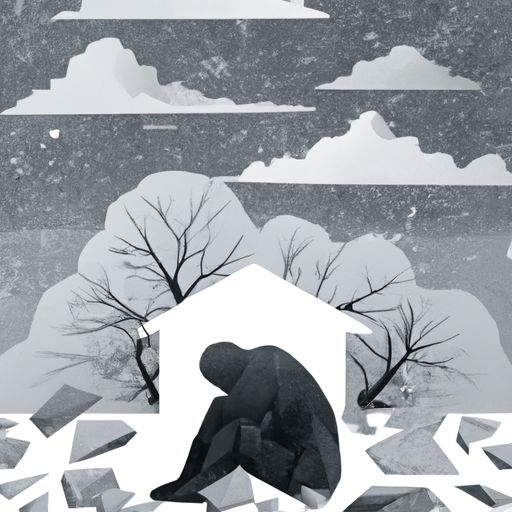The Canadian Opioid Crisis: Nunavut’s Response
In recent times, Canada has grappled with an escalating opioid crisis. The problem is now so severe that it has been declared a public health emergency. The most recent development in this crisis is Nunavut’s decision to pass a law that will enable it to join a class action lawsuit against opioid manufacturers. This move seeks to hold these companies accountable for the devastating effects of the opioid crisis on this Arctic region. The law’s passing is a significant step forward in the fight against the opioid epidemic and its far-reaching consequences, which have been particularly acute in Nunavut. The full story can be found at this source.
The Effects of the Opioid Crisis
Nunavut, like the rest of Canada, has been severely impacted by the opioid crisis. The consequences are far-reaching and devastating, affecting not just individuals but entire communities and regions.
The crisis has lead to:
- An increased rate of homelessness: Opioid addiction often leads to financial instability and job loss, pushing many individuals into homelessness.
- Higher crime rates: The desperate need for opioids can lead individuals to engage in criminal activities such as theft and violence.
- Increased burden on the healthcare system: Overdoses and addiction-related health complications put a significant strain on healthcare resources.
- Loss of life: The most tragic consequence of the opioid crisis is the increased rate of overdose deaths.
Efforts to Combat the Opioid Crisis
In the face of such dire consequences, various efforts have been undertaken to combat the opioid crisis. One of the most significant has been the Canadian opioid abatement class action lawsuit, a collective legal action seeking to hold opioid manufacturers accountable for their role in the crisis.
More specifically, the lawsuit claims that these companies undertook deceptive marketing practices, downplaying the risks associated with opioids and contributing to the overprescription of these powerful drugs.
Nunavut’s decision to join this class action is a significant step in holding these companies accountable and seeking reparations for the devastation caused by the opioid crisis. The funds acquired through this lawsuit could be instrumental in funding initiatives to combat the crisis, such as addiction treatment programs, harm reduction efforts, and public awareness campaigns.
Other efforts include the distribution of naloxone, a medication that can reverse the effects of an opioid overdose, as well as implementing harm reduction strategies such as supervised consumption sites.
Conclusion
The opioid crisis is a complex issue requiring a multifaceted response. Nunavut’s decision to join the Canadian opioid abatement class action lawsuit demonstrates a commitment to tackling the crisis head-on. While this legal action cannot reverse the damage done, it provides hope for accountability and the possibility of reparations that can fund future initiatives to combat the crisis.
As community leaders, it is vital to remain educated and engaged on these issues, continually seeking innovative and compassionate solutions to address the opioid crisis. Together, we can work towards a future where the devastating effects of opioids are a thing of the past.
